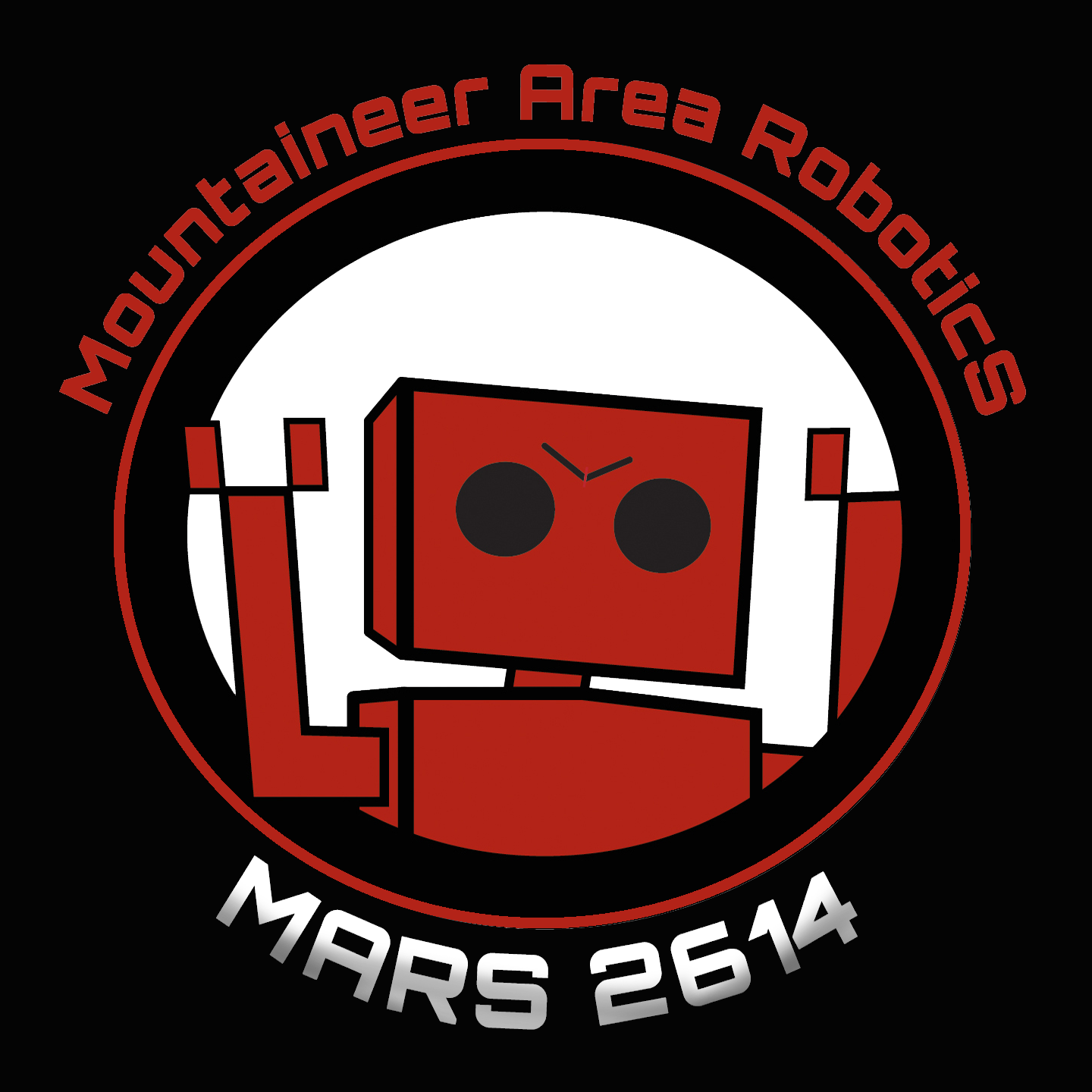If you have interest in forming a robotics team, please contact us at mars2614@gmail.com for additional resources.
MARS & the West Virginia Robotics Alliance manage and coordinate the following programs for the state.
FIRST (For Inspiration and Recognition of Science and Technology)
FIRST learning never stops building upon itself, starting at age 6 and continuing through age 18. Participants master skills and concepts to aid in learning science and technology through innovative projects and robotics competitions, while gaining valuable employment and life skills.
The 2021-2022 season, FIRST Forward, focuses on sustainability in infrastructure and inclusive transportation for rural and urban areas, modeled after the United Nations Sustainable Development Goal 9.
FLL Discover
FLL Discover captures young children’s inherent curiosity and directs it toward discovering the wonders of science and technology. Students build with LEGO® DUPLO® bricks, developing imagination and sparking innovation.
FLL Explore
FLL Explore expands on ideas introduced in FLL Discover, but adds concepts such as design and code. This program features real-world issues to be explored through research, teamwork, construction, and imagination. Guided by adult coaches, teams use LEGO® bricks to build a model that moves and develop a Show-Me Poster to illustrate their journey.
FLL Challenge
In FLL Challenge, children are immersed in real-world science and technology challenges. Teams design their own solution to a current scientific question or problem and build autonomous LEGO robots that perform a series of missions. Through their participation, children develop valuable life skills and discover exciting career possibilities while learning that they can make a positive contribution to society.
FTC (FIRST Tech Challenge)
FTC is designed for high-schoolers who want to compete head to head using a sports model. Teams of up to 10 students are responsible for designing, building, and programming their robots to compete on a 12 X 12’ field in an Alliance format against other teams. Robots are built using a TETRIX® platform that is reusable from year-to-year using a variety of languages. Teams, including Coaches, Mentors, and Volunteers, are required to develop strategy and build robots based on sound engineering principles. Awards are given for the competition as well as community outreach, design, and other real-world accomplishments.
FRC (FIRST Robotics Competition)
Dubbed a varsity Sport for the Mind™, FRC combines the excitement of sport with the rigors of science and technology. Under strict rules, limited resources, and time limits, teams of 25 students or more are challenged to raise funds, design a team “brand,” hone teamwork skills, and build and program a robot to perform prescribed tasks against a field of competitors. It’s as close to “real world” engineering as a student can get. Professional Mentors volunteer their time and talents to guide each team.
VEX envisions a world where every student has the opportunity to be inspired by the excitement of hands-on STEM learning and knows the feeling of creating something with technology. VEX wants people of all ages and backgrounds to recognize that creative problem solving is fun and see its importance in shaping a better future.
In the VEX Robotics Competition, presented by the Robotics Education & Competition Foundation, teams of students are tasked with designing and building a robot to play against other teams in a game-based engineering challenge. Classroom STEM concepts are put to the test as students learn lifelong skills in teamwork, leadership, communications, and more. Tournaments are held year-round at the regional, state, and national levels and culminate at the VEX Robotics World Championship each April!
ZERO Robotics participants compete to win a technically challenging game by programming strategies into SPHERES satellites. The game is motivated by a current problem of interest to DARPA, NASA and MIT. Student software controls satellite speed, rotation, direction of travel, etc. Depending on the game premise, the students must program their satellites to complete game objectives (navigate obstacles, pick up virtual objects, etc.) while conserving resources (fuel, charge, etc.) and staying within specified time and code-size limits. The programs are "autonomous" - that is, the students cannot control the satellites during the test itself.










